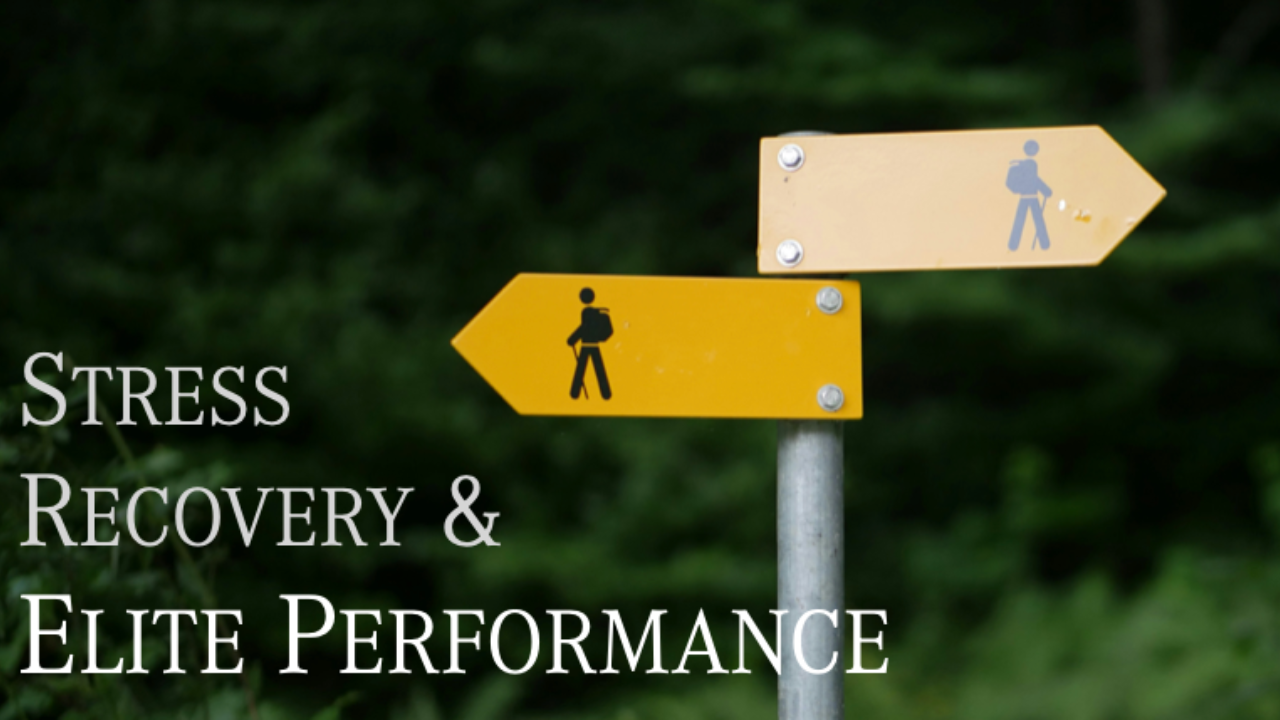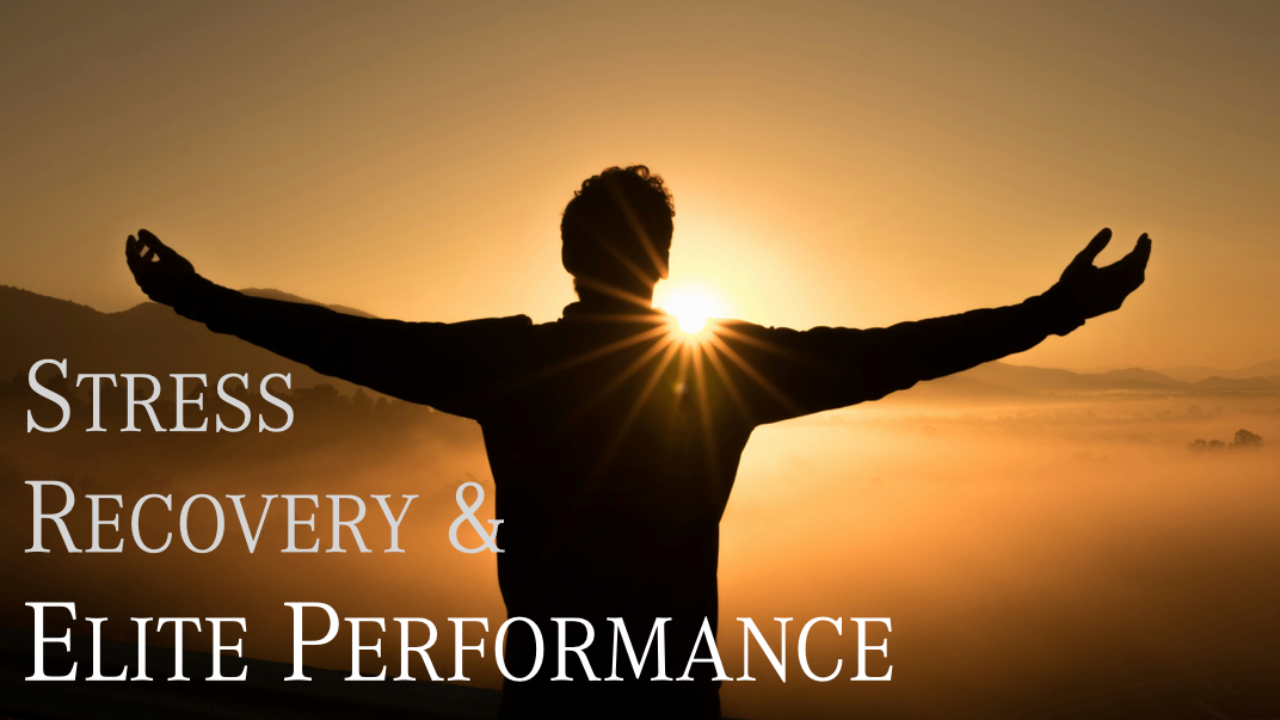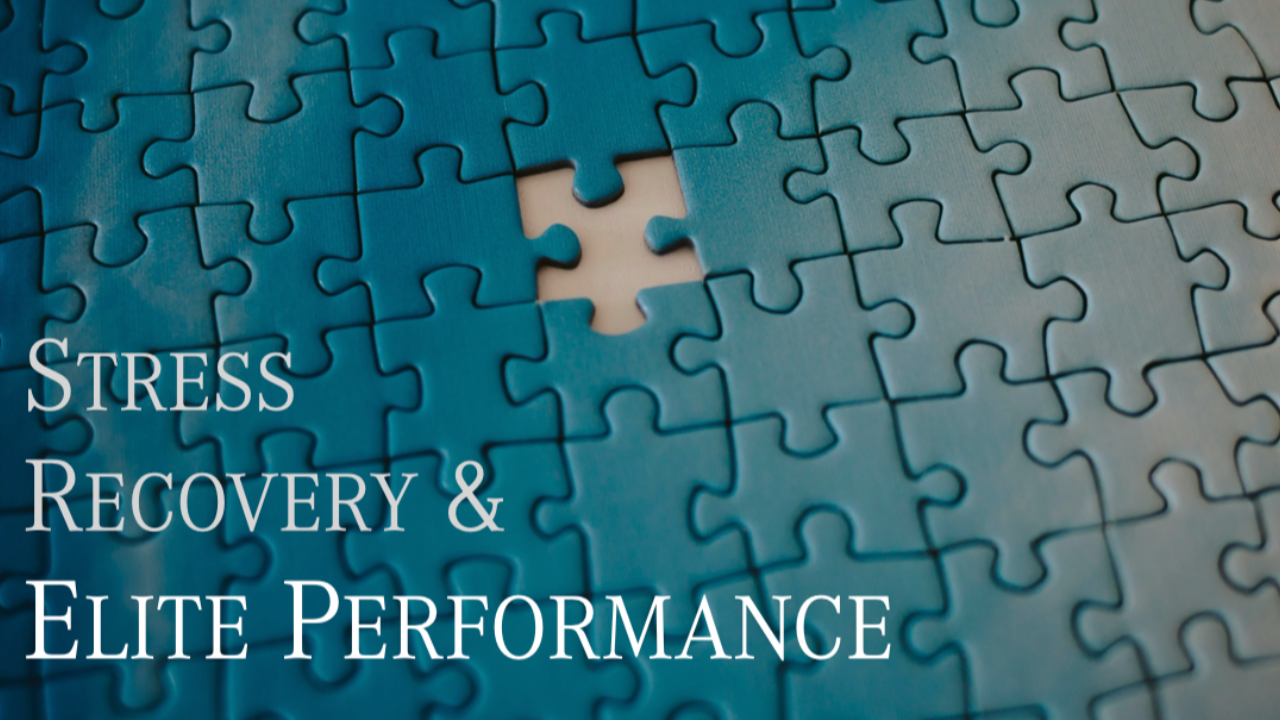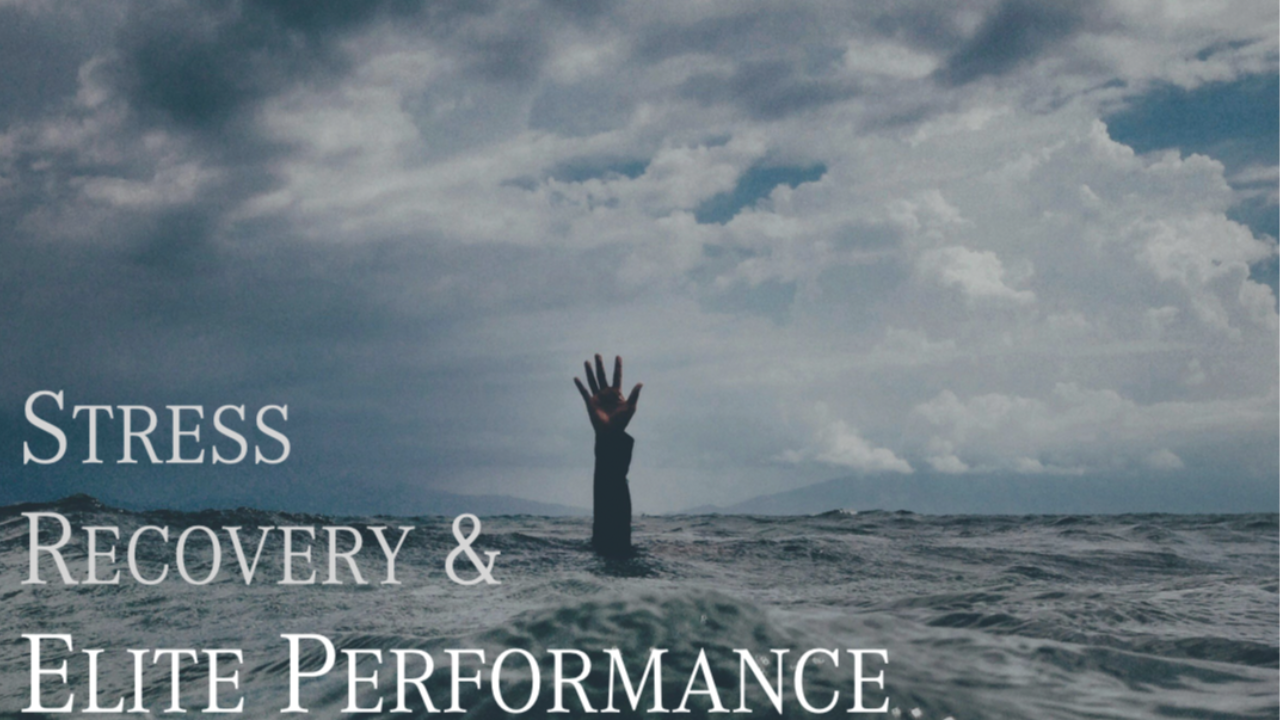Your C-Suite Keep Making Mistakes? You're not Washing Right.
Oct 29, 2025
Why Hot Washes Build Elite Intuition (And Why Most Teams Skip Them)
You just finished a high-stakes presentation.
Or closed a critical negotiation.
Or made a decision under pressure that determined the quarter.
What do most executives do next?
Move on to the next thing.
Elite performers do something different.
They conduct a hot wash—an immediate debrief while emotions and sensations are still present.
And that's why their intuition keeps improving while everyone else plateaus.
The Missing Link in Building Intuition
Here's what elite performers understand that most don't:
The emotional experience during action is only half the equation.
The other half is reinforcement.
Your brain constructs emotions to guide action based on pattern recognition from past experiences. That's Lisa Feldman Barrett's work—emotions are predictions built from memory.
But here's the critical part most people miss:
Those memories need to be reinforced immediately after the event to build the patterns that drive future intuition.
Without reinforcement, the emotional learning doesn't consolidate.
You had the experience. Your nervous system registered it. But the pattern doesn't solidify.
Why Special Operations Units Never Skip It
Watch any Tier 1 unit after an operation.
They don't celebrate and go home.
They conduct an immediate After Action Review.
The military calls this a "hot wash."
And there's a reason for that name.
Hot wash = immediate debrief while emotions and physical sensations are still present.
Minutes to hours after action.
While you still feel what happened.
This is different from a "cold wash"—the formal review conducted days or weeks later, after data is collected and metrics analyzed.
Both serve purposes.
But only the hot wash builds intuition.
Because only the hot wash happens while the emotional memory is intact.
What happened? What did we feel? What did those feelings tell us? Were our instincts accurate? What patterns did we recognize? What did we miss?
They're not just reviewing actions. They're reinforcing the emotional-pattern connections that build intuition.
The SEAL who felt "something's wrong" when approaching a building and was right—that feeling gets reinforced in the hot wash. His emotional pattern recognition just got stronger.
The operator who hesitated when his instinct said "go" and missed the window—that gets examined while he can still feel the hesitation. His emotional calibration improves.
The cold wash later captures tactical lessons, metrics, strategic adjustments.
But the emotional pattern data? That only exists in the hot wash.
This is why Roman Baevsky's Soviet space research emphasized immediate feedback loops.
You can't train functional reserve—your emotional-physiological capacity for rapid response—without immediate reinforcement.
Experience alone doesn't build intuition.
Experience + immediate hot wash builds intuition.
Why Championship Teams Do Hot Washes Within 24 Hours
When I worked with championship teams, we never waited a week to review performance.
24 hours maximum. Often within hours.
That's a hot wash, not a cold wash.
Because the emotional memory of what happened—what you felt when you made that split-second decision—starts degrading immediately.
If you wait too long, you're doing a cold wash.
You're reviewing the event intellectually. You remember what happened, but you don't remember what you felt.
And it's the feeling that contains the pattern recognition data.
The quarterback who felt pressure from his blind side before the defender appeared—that's pattern recognition. But if he doesn't capture that feeling-outcome connection in a hot wash, it weakens.
The executive who sensed something was off in the negotiation and adjusted strategy—that intuition came from somewhere. If she doesn't examine it in a hot wash, she can't strengthen it.
What Gets Reinforced in Elite AARs
Most teams do terrible AARs because they focus on the wrong things.
They review what happened. The outcomes. The actions.
That's cold wash content analyzed at hot wash timing.
Elite teams understand the difference:
Hot wash captures:
- What did you feel right before you acted?
- What triggered that feeling?
- Was your instinct accurate?
- If you hesitated, what caused the hesitation?
- If you acted immediately, what pattern did you recognize?
- What physical sensations accompanied your decision?
Cold wash captures:
- What were the tactical outcomes?
- What do the metrics show?
- What strategic adjustments should we make?
- What resources or capabilities were missing?
- What systemic issues appeared?
Both matter.
But they serve different purposes and require different timing.
You can do a cold wash next week. The tactical and strategic lessons will still be there.
You cannot do a hot wash next week. The emotional pattern data will be gone.
Most organizations only do cold washes—and wonder why their people never develop better intuition.
You're not just reviewing performance.
You're training your emotional pattern recognition system.
This is how intuition gets built systematically, not accidentally.
The Timing Window: Hot Wash vs Cold Wash
Neuroscience shows memory consolidation happens most strongly in the first 24 hours after an experience.
That's your hot wash window.
Wait longer and the emotional pattern data degrades.
You're now in cold wash territory—valuable for tactics and strategy, but the intuition-building data is gone.
This is why:
- Special operations units do hot washes immediately after missions (minutes to hours)
- Championship teams do hot washes within 24 hours
- Elite executives journal immediately after critical decisions (personal hot wash)
Then they do cold washes later—often a week or more after—to capture tactical lessons, analyze metrics, and make strategic adjustments.
But they never confuse the two.
They understand something most leaders miss:
The hot wash isn't about reviewing the past.
It's about programming the future.
You're strengthening the emotional-pattern connections that will drive your next instinctive response under pressure.
The cold wash reviews the past to improve systems and strategy.
Both matter. But only the hot wash builds intuition.
Why Most Organizations Fail At This
They skip hot washes entirely.
Or they do cold washes and call them AARs.
Or they do hot washes but focus on tactical outcomes instead of emotional patterns.
Or they skip reviews entirely when things went well (the worst mistake—success contains the most valuable pattern data).
The result: people accumulate experience without building intuition.
You can't build elite intuition by just accumulating experience.
Elite intuition requires:
- High-stakes experience under pressure
- Immediate hot wash to reinforce emotional-pattern connections
- Systematic examination of what you felt and why
- Rapid feedback on whether your instincts were accurate
- Later cold wash for tactical and strategic lessons
Most leaders get #1 occasionally.
Almost none do #2-4 consistently.
Many skip straight to #5 and think they've done an AAR.
The Integration
Remember: intuition is built on emotion.
Emotions are constructed from pattern recognition across past experiences.
But those patterns only strengthen through immediate reinforcement.
Hot washes aren't administrative tasks.
They're the mechanism that transforms experience into expertise.
They're how you train your emotional pattern recognition system while the data is still accessible.
They're how elite performers systematically build the intuition that lets them act decisively when others are still processing.
Cold washes serve their purpose—tactical and strategic learning.
But hot washes build intuition.
Different job.
Different discipline.
Different results.
Most teams skip hot washes because they're "too busy."
Elite performers never skip them because that's how they stay elite.





